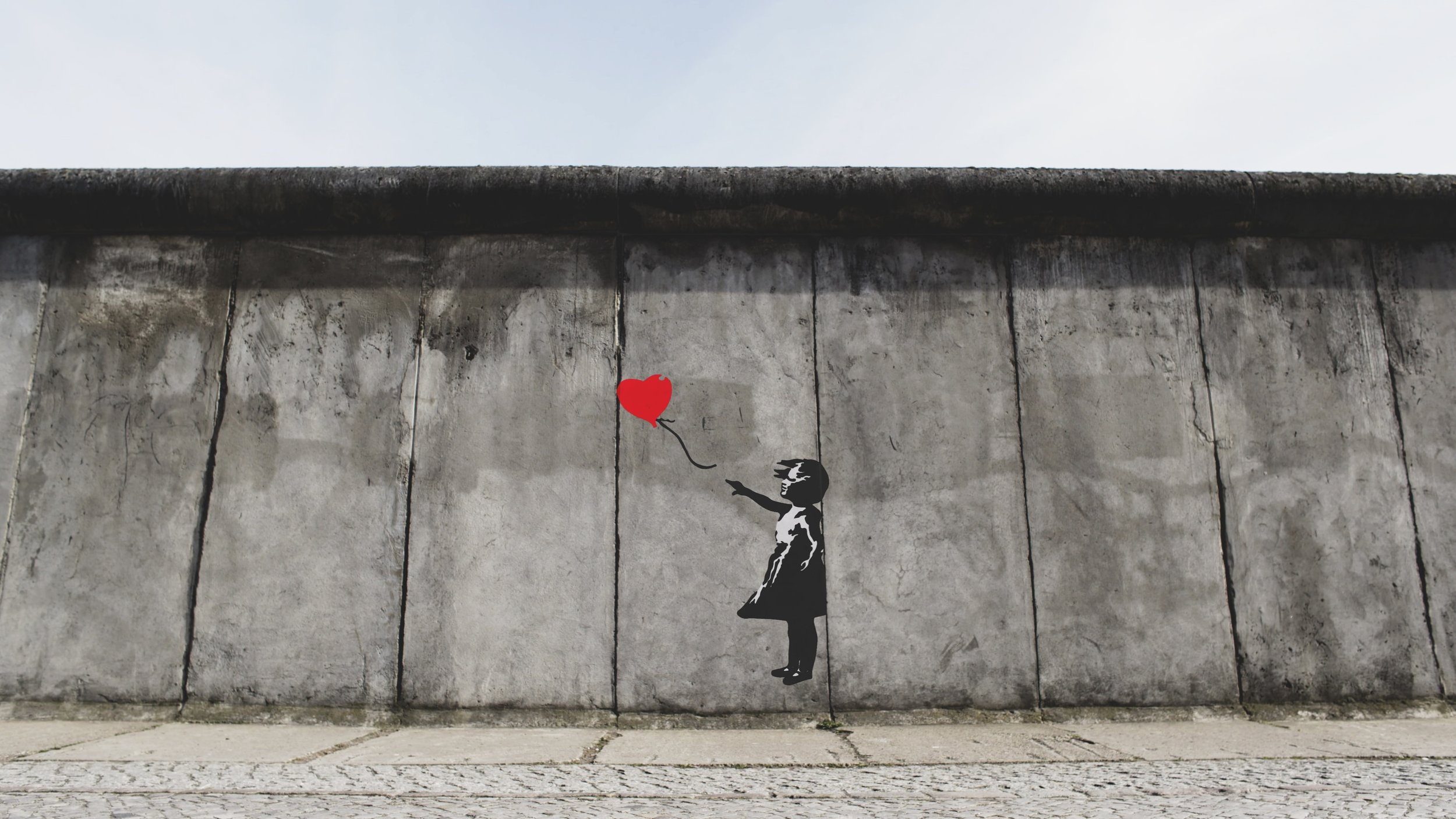Today I heard something I really needed to hear right now.
I’m accustomed to the idea that creative types like me—writers, artists, filmmakers, designers—have a certain ability to influence society… but it only goes so far. We tell stories. We raise consciousness. We foster conversations. Cumulatively, over time, we can shift how people view the world and the language they use to describe it. And eventually these shifts can add up to meaningful action, that is, the sort of action that goes beyond abstract words and images and actually changes people’s lives.
Ultimately, though, power is wielded by those in specific positions of authority: elected officials, judges, law enforcement agents. Right? Why else would millions of average Americans feel so desperately frustrated these days as they read about human rights abuses within our country? We feel powerless. We’re at a loss as to how we can intervene.
It’s enough to drive you to despair.
But that doesn’t mean you should stop what you’re doing.
Keep writing. Keep expressing. Keep telling stories and sparking discussions, loud and clear, day by day. The keywords to describe the effect of this work may be “cumulatively, over time,” but in the grand moral arc of the universe, what change is more real than that?
This burst of grim optimism, coming on the heels of a few weeks of personal despair and paralysis, is brought to you by Warren Binford, the same lawyer who made headlines last month when she and her colleagues blew the whistle on how the U.S. is “warehousing” children in concentration camp conditions. She hasn’t stopped blowing her whistle: she’s continuing to give interviews far and wide as time goes by, refusing to allow the issue to lose media attention and drop from the national conversation.
I heard her speak again this morning while I was doing chores around the house, listening to a podcast. Here’s one of the thoughts she leaves us with toward the end of her interview on Pod Save America’s episode this past Monday, July 8 (1:18:54):
I think that every person in this country should be trying to amplify these children’s voices. We have dozens of declarations from these kids publicly available that people can quote from. There should be artwork, people should be renting billboards and putting these children’s quotes about being hit by guards, being grabbed by guards, having, you know, they had to put a diaper on a six-year-old, an older brother had to put a diaper on his six-year-old brother because they won’t let the children go to the bathroom at night.
I think that people should be looking at the declarations and creating plays about them, you know, theatrical performances, that celebrities should be reading from these declarations and going on social media reading what these kids describe as the way that they’re being treated. They’re not being fed adequately, they’re being sleep-deprived, they’re being made to sleep on concrete floors, cement blocks, they’re sometimes sleeping six kids to a mat. I mean, it’s just absolutely insane, the Lord of the Flies scenario that’s being created. So I think that the, I think the public needs to organize, they need to speak out, I think they need to put a lot of pressure on both Congress and the White House to end these practices.
How unusual, in my experience: instead of creative types calling on lawyers to take action, a lawyer is calling on creative types to take action.
What an excellent reminder that we each have different roles to play in shaping society and supporting each other and fighting abusive systems. It’s all hands on deck, from lawyers and lawmakers pursuing legal solutions to playwrights and painters garnering passionate support for those solutions.
The fight before us is going to be long and hard. Whatever it is you do to contribute, let’s keep on keeping on, everyone.
